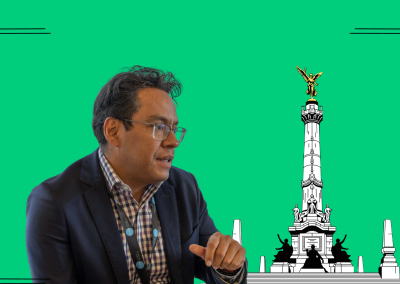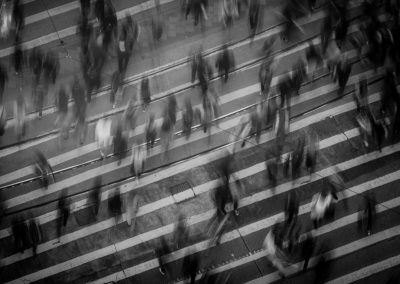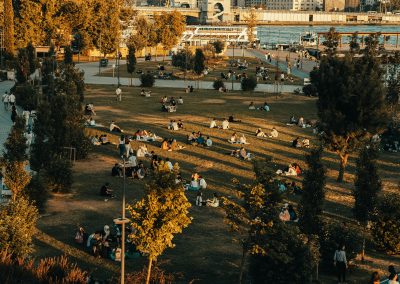What is Urban Resilience?
The capacity of individuals, communities, institutions, businesses and systems within a city to survive, adapt and grow no matter what kinds of chronic stresses and acute shocks they experience.
Today’s new normal requires models of governance that mitigate risk and respond to evolving challenges.
The world’s cities are more densely populated and more interconnected than ever before. While this brings increasing social and economic advantages, this also brings increasing vulnerabilities – today’s new normal requires models of governance that mitigate risk and respond to evolving challenges.
Business-as-usual models of reactive and siloed decision-making will not generate the fundamental strength and flexibility essential for us to thrive in the face of the acute shocks and chronic stresses of the 21st century.
Acute shocks are sudden, intense events that threaten a community, such as earthquakes, hurricanes, and terrorist attacks. The impact of acute shocks is exacerbated by chronic stresses that weaken the fabric of a community over time, such as recurrent flooding, high unemployment, limited social safety nets, and inequitable public transportation systems.
It is rare that a city experiences just one type of challenge at a time. Instead, cities are confronted by combinations of acute shocks and chronic stresses.
Urban resilience is the capacity of a city’s systems, businesses, institutions, communities, and individuals to survive, adapt, and thrive, no matter what chronic stresses and acute shocks they experience.
By strengthening its underlying fabric and deepening its understanding of the risks that threaten its stability, a city can improve its overall trajectory and the well-being of its citizens; it can prosper in spite of rising challenges.
Urban resilience responds to three converging global megatrends: climate change, urbanization, and globalization.
Urban resilience demands that cities look holistically at their capacities and their risks, including through meaningful engagement with the most vulnerable members of a community. This is not easy work.
Planning for a resilient urban future requires tackling challenges and creating solutions in a place-based, integrated, inclusive, risk-aware, and forward-looking manner.
Solutions developed through resilience approaches will allow cities to enjoy resilience dividends – helping to prevent and reduce the impact of shocks and stresses on the city’s people, economy, infrastructure and natural environment.
News and Resources

Norlang García is turning discourse into deeds in Mexico City

2025 Global Risk and Resilience Fellowship Report

Guidebook for Community Resilience
Urban Resilience Essentials
A decade of practical experience at your fingertips
